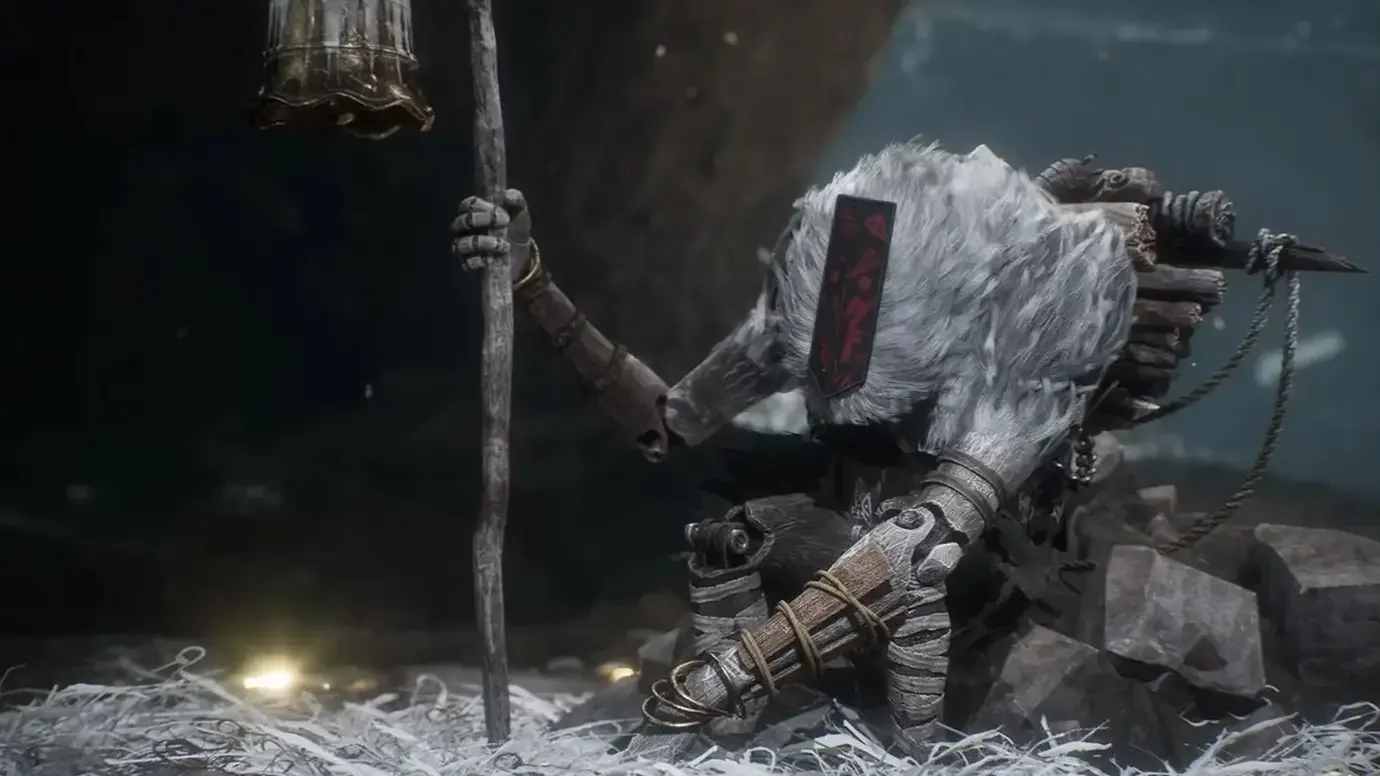Clair Obscur: Session 2, well this is something
"There was a time when 30 was young" - Gustave
Gestrals, these guys are kind of neat.
A Second Act: Or, When a "Meh" Becomes a "Must Play"
There's something inherently flawed in the way we consume art today. We make snap judgments, give a film 15 minutes to impress us, and a video game an hour before we mentally send it to the bargain bin. And honestly, who can blame us? Our time is finite, and the sheer volume of content is staggering. After my first session with Clair Obscur, I was on the fence. I saw the promise, but the execution felt… well, lacking. I was ready to leave it as a "should play."
But something kept nagging at me, so I went back in. And man, am I glad I did. The overworld fights that initially felt challenging turned into a series of rewarding puzzles. The early linearity, which reminded me of Final Fantasy XIII's corridors, suddenly felt like a necessary design choice to keep the narrative focused. The game gives you a lot to absorb, and not having to worry about a massive open world was a blessing in disguise. It’s not about endless exploration; it’s about making every step count.
Combat Hits Its Stride (And Finally Slaps)
My first session felt like I was fumbling in the dark, but this time around, the combat truly hit its stride. It started with a bit of grinding, running back and forth to camp to heal, but that frustration was a small price to pay. The pictos system, which feels reminiscent of how you'd get abilities from weapons in Final Fantasy IX, started to click. Suddenly, the synergy between party members wasn't just a possibility; it was a necessity. Pictos give you the ability to unlock passives, like +3 ap when doing a perfect dodge.
Mastering the dodge and parry systems, understanding elemental weaknesses, and remembering to shoot those weak points—it all became second nature. The combat is incredibly engrossing and, frankly, picks up any slack the rest of the game might have. The bosses and unique enemies have been a joy to fight, and I’m finding a new appreciation for the cleverness of the design. The only glaring exception was one boss, Goblu, whose jumping attack was meant to be parried, not dodged, which felt a bit anti-thematic. But that's a minor complaint in an otherwise satisfying system. After learning that you have to parry/dodge Goblu’s attacks it almost felt like a rhythm game in the best way, where I knew a five hit attack would be coming and the timing. Sandfall Interactive somehow took the tenseness and timing you would expect from a From Software game and shoe-horned it into a turn based combat system and I’m here for it.
The Human Element & The Finite Clock
Beyond the gameplay, the characters are what ultimately grabbed me. My initial read on Gustave as a "coward" was too simple. His dynamic with Lune and Maelle is fantastic; he's a man torn between his responsibilities and his fears, a foil to Lune's stronger will. His growth is subtle and personal, his bravery isn't always overt, and his driving force is his people, but more specifically, the orphan, Maelle. This is all captured perfectly in a journal entry he writes for his apprentices, a poignant note to those who will come after him. Gustave's a man who understands that, like all of us, his time is limited. As he says, "There was a time when 30 was young," a sentiment that hits home when you're an adult with a finite amount of time, trying to figure out what matters.
This second session has done what all great games should do: it’s challenged my preconceptions and rewarded my patience. The game has its grip on me now, and I’m so happy I gave it a second chance. It’ll be a play-every-couple-of-days kind of game for now, because as I’ve said before, I’m only playing this game until it’s no longer entertaining. But for now, Clair Obscur has gone from a "should play" to a "must play," and I’m excited to see where it goes from here.


